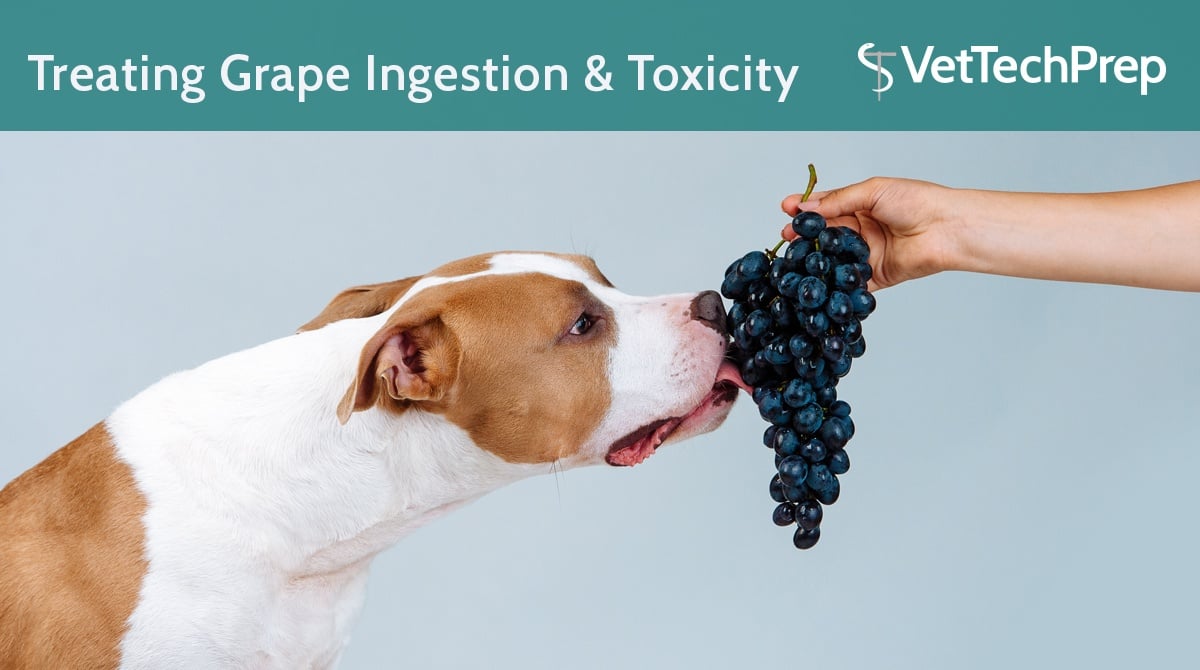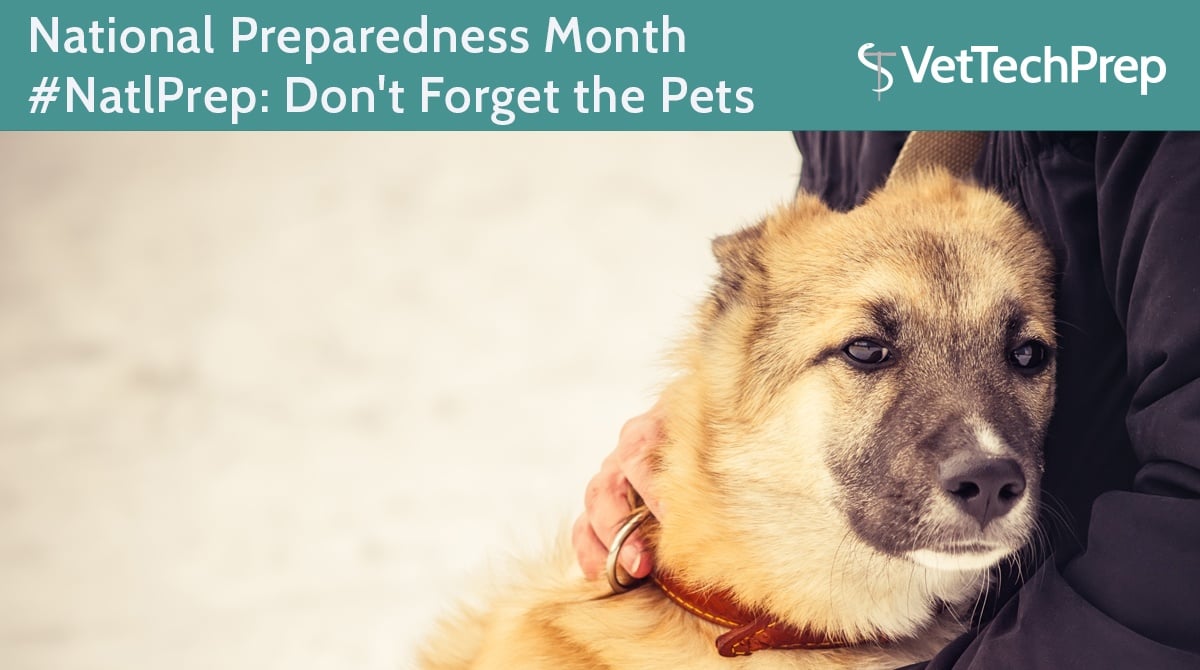
We have recently been reviewing lots of resumes at our clinic. Many resumes come with no cover letter. I like a cover letter because it tells a little more about the person that is applying and what they are looking for, rather than just the list of qualifications on the resume.
Read More













